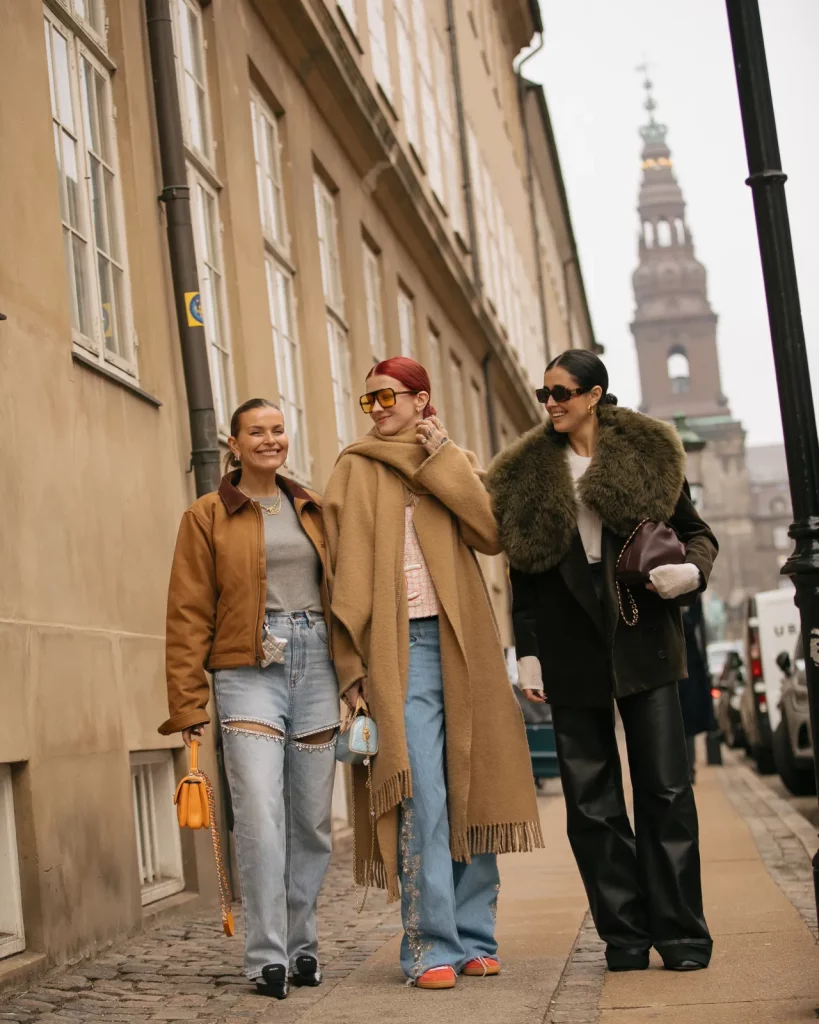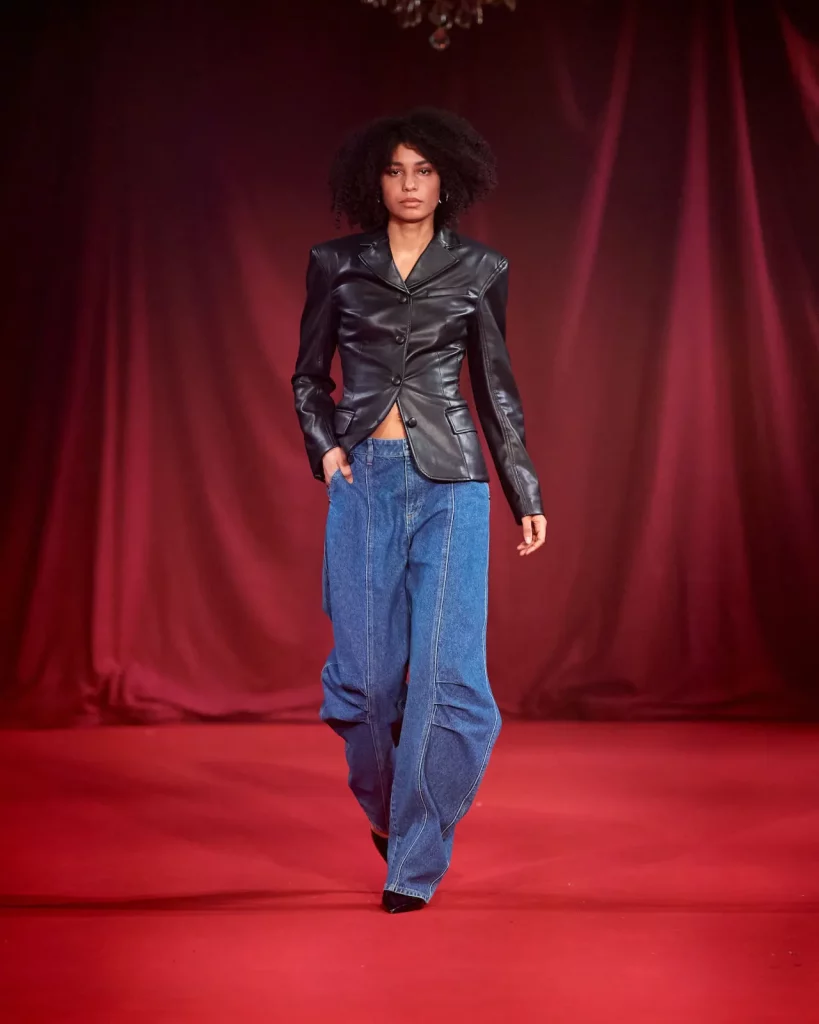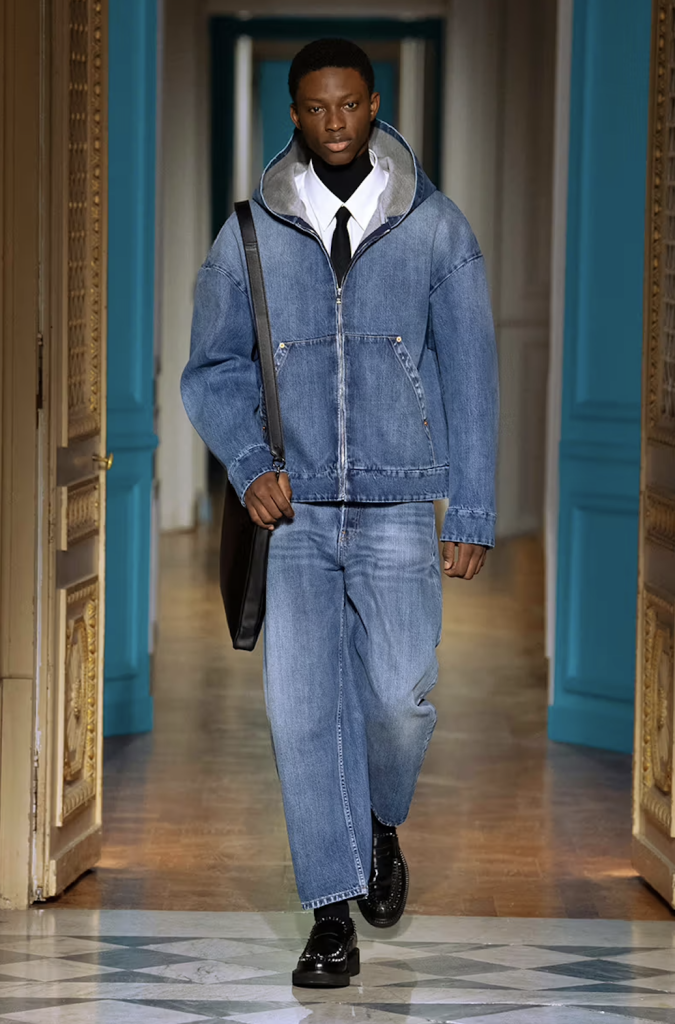Jeans and Sustainability Trends: Exploring the Lasting Legacy of Denim and the Role of Brazilian Cotton
Guest posts |
At Cotton Brazil, a leading advocate for sustainable cotton farming and adopting the motto “growing for a better future,” we delve into the unwavering legacy of denim, exploring trends, sustainability efforts, and our pivotal role in shaping the jeans industry’s future. We embody the essence of the Brazilian cotton sector and communicate that to the world, establishing connections between farmers, clients, and consumers.
In this article, we’ll dive into jeans and sustainability trends and discover how Brazilian cotton contributes to the fashion industry.

A fabric of timeless allure and global popularity, defying boundaries of age, socioeconomic status, climate, and culture, “Denim is one of the world’s oldest fabrics, yet it remains eternally young,”. This was boldly noted in American Fabrics Magazine in 1969 and nearly five decades later, this statement still rings true, as highlighted in ‘A Short History of Denim’ by Levi Strauss & Co. Historian, Lynn Downey.
This ‘eternally young’ fashion staple has been reinvented time and time again. Today, industry insiders highlight the widespread and essential shift towards sustainability in the industry. During her 2024 trend recap, in an interview with Denim Privé, Denim Dudes trend forecaster, Shannon Reddy notes:
“Sustainability doesn’t just pertain to the environment, but it’s also social, cultural, and economic.”
How Brazil is a Reference in Sustainability for the Global Jeans Market
At Cotton Brazil, we understand this need and take pride in fostering the sustainability and innovation of Brazilian cotton. Brazil supplies 36% of the globally certified social and environmental cotton. We are committed to the preservation of the environment and promoting good agricultural practices without the contribution of deforestation. Rainwater supports the growth of 92% of Brazilian cotton, without the need for artificial irrigation. Additionally, 82% of our production is socio-environmentally certified by the Better Cotton Initiative (BCI) and the Responsible Brazilian Cotton Program (ABR).
Cotton Brazil, the largest producer of BCI cotton in the world, values our grower’s safety, occupational health, and work environment.
We are driven by our commitment to promoting these diverse qualities while prioritizing the transparency desired by our consumers and needed by the world. “The best thing to do is to be honest when marketing to consumers… honesty and transparency resonates with consumers” as emphasized by Denim Dudes. Our unique traceability system ensures transparency from the field to the fabric via digital access and QR codes. We track every stage of the production process, including the producing farms, regions, ginning units, and sustainability indicators.
As the preferred choice for denim production, 100% cotton offers inherent benefits such as wicking, durability, and biodegradability.
From the Field to Fashion Week

Denim’s origin story dates back to its introduction as durable workwear, yet its versatility has allowed it to transition seamlessly from utility to fashion.
Its persistent popularity shows no signs of slowing down, with industry projections forecasting a 6% growth in the global denim jeans market by 2030, according to Grand View Research. This commitment to growth is reflected as denim continues to dominate trends on the runway and in stores in new, innovative, and more sustainable ways.
As the FW24 men’s and women’s runway seasons conclude in Paris, designers showcase denim’s versatility in various forms. 100% cotton authentic, red cast blue washes reign supreme, while silhouettes such as the 90’s relaxed straight and wide leg “puddle” jeans continue to be key items, as seen at Loewe, Off-White, and Blumarine. Additionally, the Western trend remains strong, reflected in jeans with a horseshoe barrel leg, as seen at Acne Studios, Rotate, and Valentino.
Sustainability in Denim and Consumers Evolving Expectations

Transitioning from runway to retailer, sustainability has become a key focus in denim production. While reducing consumption by shopping second-hand and vintage is popular among consumers, brands are also taking action.
Brands including Levi’s, Nudie Jeans, and Farm Rio are embracing circular production methods, taking into account reducing water usage, energy consumption, and harmful chemicals in production.
Waterless dye techniques and laser technology for washes and distressing are also becoming standard practices, allowing for sustainable finishes and embellishments. Even technologies such as biodegradable denim are featured in WGSN’s “Top 13 Trends for 2024 and Beyond” report, proving innovations in sustainable denim practices are at the forefront, now and forever.
Denim is the past, present, and future. Amid evolving trends and growing expectations of sustainability, quality, and transparency, Cotton Brazil plays a pivotal role in shaping the future of denim production responsibly and innovatively.
Sources:
A Short History of Denim – Levi Straus & Co
Global Denim Jeans Market Analysis – Grand View Research
Best Fall/Winter 2024-2025 Denim Trends – Sourcing Journal
Unveiling the Latest Denim Trends – Podcast with Denim Prive and Denim Dudes
Copenhagen Fashion Week’s Denim Street Style – Sourcing Journal
Farm Rio’s 2022 Sustainability Report – Sourcing Journal
WGSN’s Biodegradable Denim Trend Forecast – Sourcing Journal






